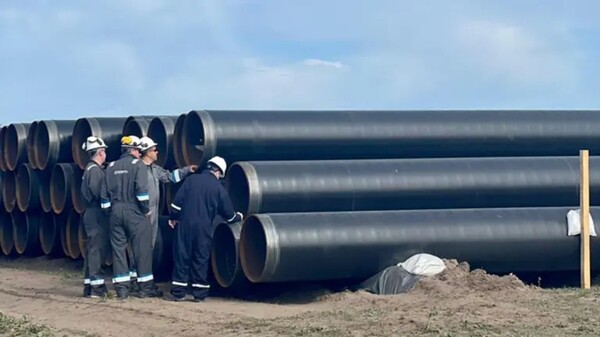
The likelihood is increasing that the President of Argentina, Javier Milei, will announce the withdrawal of his country from the Paris Climate Agreement. At the beginning of this week, representatives of Milei's government received a directive to pull out of the COP 29 climate summit in the capital of Azerbaijan, Baku, just three days after it began.
For Milei, it will be difficult to exit the Paris Agreement without the consent of the Argentine parliament. He promised to withdraw the country from the agreement even during the campaign last year, characterizing the climate crisis as a 'socialist trap.'
Milei is not the only leader supporting such a position. U.S. President Donald Trump also promised to withdraw the country from the Paris Agreement. He plans to do this after his inauguration at the White House on January 20.
It is expected that Milei will decide on the final withdrawal from the Paris Agreement after an official meeting with U.S. President Donald Trump. Representatives of the extreme right government also downplay the significance of the Paris Agreement.
Oscar Surya, the director of the 'Intellectual Initiative Organization', shared his opinion: 'The President Milei's climate policy is infused with his ideological prejudice and contradicts science and international law.' However, such a step will not be easy. In 2016, Argentina ratified the Paris Agreement, and all international treaties signed by the country have constitutional status.
Surya noted that the specter of potential withdrawal of Argentina from the Paris Agreement raises concerns about the possible consequences. The global climate process will continue, with or without Argentina. Moreover, its antagonistic approach to the development programs until 2030, including to development funds and extreme refugees, already impacts the lives of Argentines, and this will continue.














